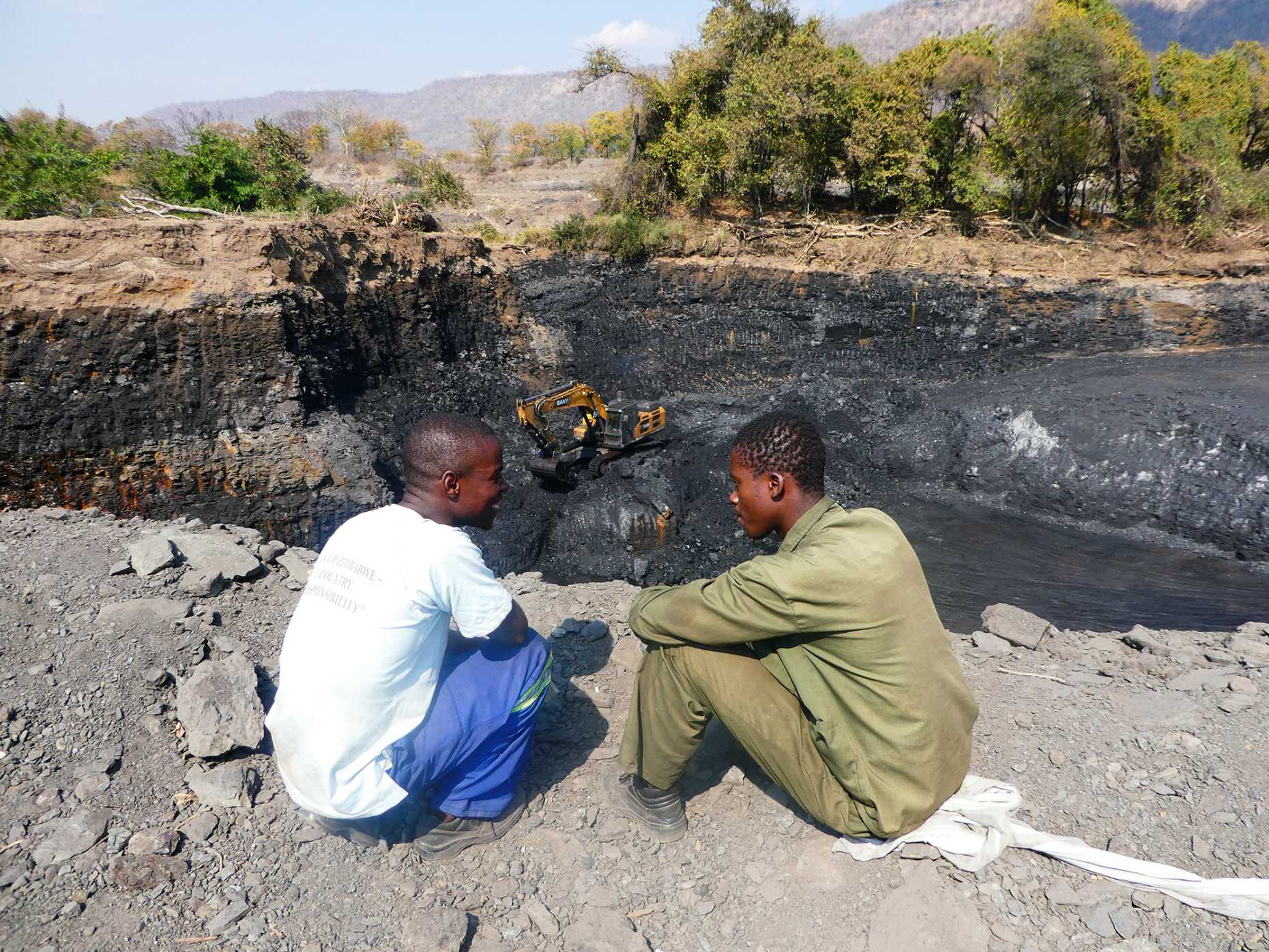Measuring local impacts of mining
ETH-NADEL is excited to launch the Resource Impact Dashboard (RID), a policy instrument that enables evidence-based deliberation about local resource governance.

The extraction of natural resources that are highly demanded on our global markets often comes with local costs. Pressures on the environment, the labour market and the relationship between mining companies and local communities increase. To overcome these challenges, relevant and trustworthy information is needed that reflects the perspectives of all stakeholders.
The Resource Impact Dashboard (RID)
The RID is an online available, easy-to-apply tool for development organisations and research institutions that fills this local-level transparency gap. It systematically monitores social, environmental and institutional outcomes of industrial resource extraction at the local level over the entire life cycle of an extractive operation. It combines perspectives of communities, companies and public authorities and thereby reduces information asymmetries between the different stakeholders. As a result, the RID enables a more equitable and effective dialogue about costs and benefits of resource extraction, establishes a common ground to forethought and resolving disagreements between communities and companies and promotes evidence-based and development-oriented governance of natural resources.
The RID was developed in a joint research project by the ETH Zurich, external page Universidade Lúrio, Mozambique, and the external page INSUCO Foundation for Social Research in Africa, Burkina Faso.
You can visit the Resource Impact Dashboard (RID) at external page www.resource-impact.org